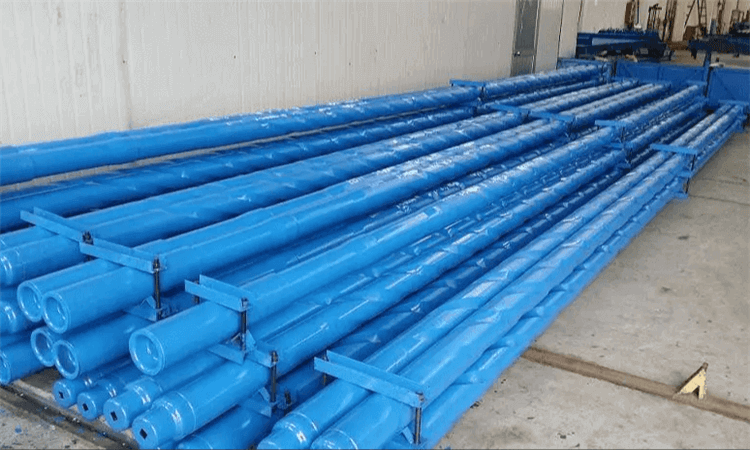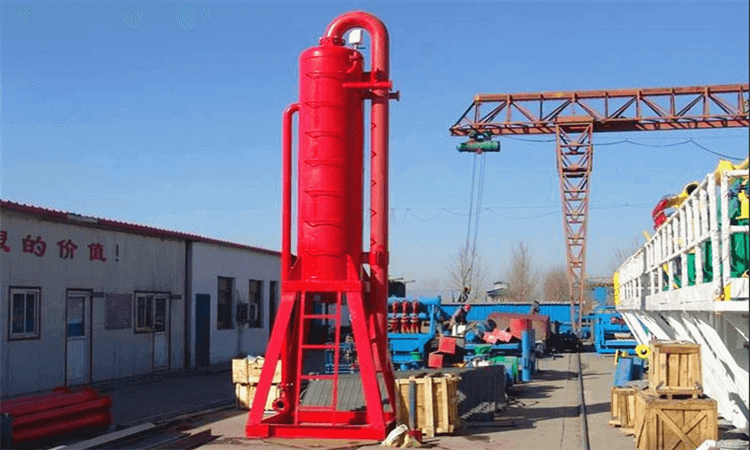Centrifugal Pump in Liquid Conveyance and Handling in Chemical Reactions
The chemical industry, as a significant component of modern industrial operations, encompasses a wide range of sectors, from chemical production to pharmaceuticals, plastics, coatings, and more. All of these sectors heavily rely on intricate chemical reaction processes. Within these complex processes, the precise conveyance and handling of liquids stand as key factors in ensuring product quality and process stability. In this context, the centrifugal pump, as a crucial fluid conveyance apparatus, plays an indispensable role in chemical reactions.
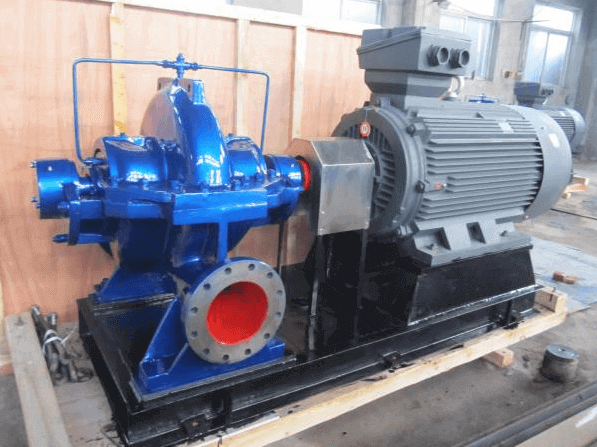
Challenges and Demands in Chemical Reactions
Chemical reactions involve the transformation of raw materials into intermediates or final products. These reactions span multiple steps and stages, each potentially requiring liquids of different properties to react under varying conditions. This presents a formidable challenge: how to efficiently and accurately convey and deliver liquid raw materials, intermediates, and final products to their respective reactors to ensure product quality and process stability.
Amidst this backdrop, the centrifugal pump emerges as a valuable tool for chemical enterprises to tackle this challenge.
Applications and Advantages of Centrifugal Pumps
A centrifugal pump operates based on the principle of centrifugal force. It employs a high-speed rotating impeller to generate centrifugal force, which draws fluid in through the inlet and expels it through the outlet. In chemical reactions, the application of centrifugal pumps manifests in several ways:
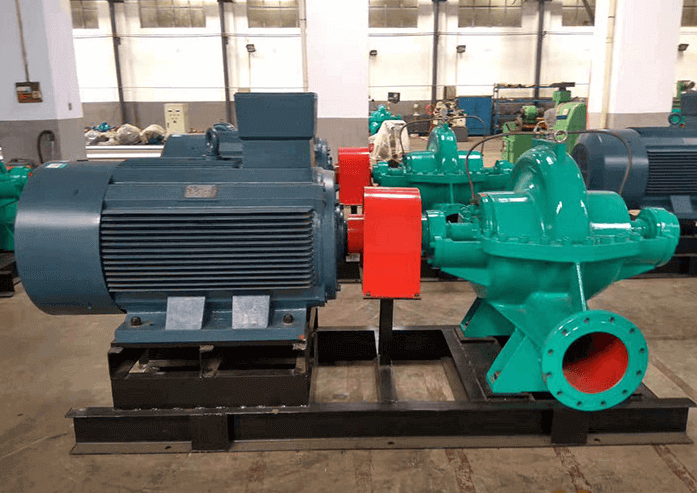
Precise Flow and Pressure Control: Centrifugal pumps can accurately adjust flow rates and pressures as needed to meet the requirements of different reaction stages, ensuring stable liquid quantities and pressures within each reactor.
Adaptation to Diverse Fluid Properties: Given the varying properties of liquids in chemical reactions, such as viscosity, temperature, and chemical composition, centrifugal pumps can adapt to these diverse fluid characteristics, ensuring smooth fluid conveyance.
Stability and Safety: The stability of centrifugal pumps contributes to consistent fluid conveyance, promoting overall process stability. Additionally, the design and operation of centrifugal pumps prioritize safety, reducing operational risks and the likelihood of accidents.
Enhanced Production Efficiency: By efficiently conveying liquids to different reactors, centrifugal pumps reduce production times and increase efficiency, ultimately leading to greater economic benefits for enterprises.
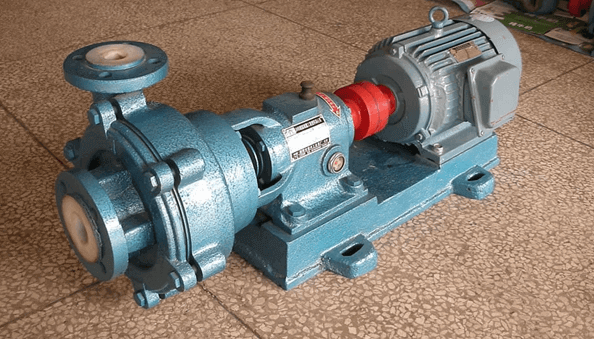
Successful Case Study: Taking a chemical enterprise as an example, during the production of high-value chemical intermediates, the challenge of conveying liquids of differing properties between reactors was encountered. By selecting appropriate models of centrifugal pumps, the enterprise successfully achieved precise liquid conveyance and handling, ensuring process stability and product quality. This achievement further solidified their market competitiveness.
The centrifugal pump plays a crucial role in liquid conveyance and handling within chemical reactions. Its advantages in precise control, adaptability, stability, and safety empower chemical enterprises to navigate complex reaction processes, guarantee product quality, enhance production efficiency, and contribute significantly to the sustainable development of the industry. Thus, the centrifugal pump not only stands as a vital tool in chemical engineering but also an indispensable component of the modern chemical industry.

